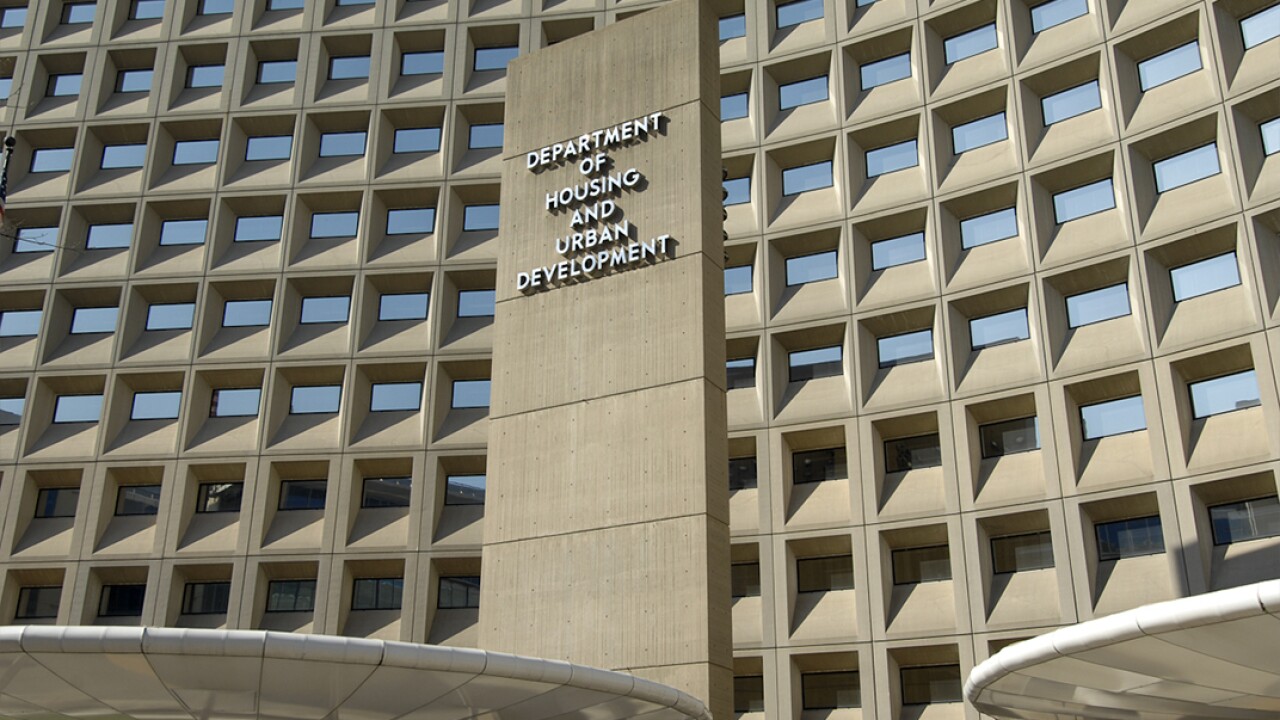
Auto lending was strong for credit unions in the first quarter, but some experts say the sector's momentum is about to come to a screeching halt.
At the end of the first quarter of 2023, auto loans at credit unions totaled $493 billion, an 18% year-over-year increase, according to the National Credit Union Administration. But experts are already predicting a
Fears of a recession could also give consumers pause in terms of making major purchases.
"I'd expect in the short term that
Car dealers are still overpaying on trade values relative to the price of new vehicles, and lenders should be wary of their unsecured portion of their auto portfolio increasing, Fifield said. That is especially true at a time when a growing number of indicators are pointing to what could be a substantial recession with a wide ranging financial impact, he said.
The $252 million-asset Members First had slightly more than $47 million in total auto loans on its books at the end of the first quarter, a 7% increase compared to a year earlier.
Fifield said the coming decline in auto lending may be mitigated if auto dealers "wake up" and lower the prices on their existing inventory to avoid holding their stock for an extended period.
"This will be short lived, though, and I'd suspect that the first quarter of 2024 could see a dramatic decrease in auto lending not only due to lack of sales but also due to the lack of refinance opportunity as a result of the ever-increasing interest rates," Fifield said.
United Credit Union in Chicago had more than $61 million in total vehicle loans at the end of the first quarter, a 27% increase compared to a year earlier.
But the
"This is primarily due to higher vehicle prices and higher auto loan interest rates," Aguirre said. "The jobs report is also showing signs of a greater potential for a possible recession later this year."
Aguirre said he studies regional metrics for both banks and credit unions to gauge lending trends.
"In Chicago, I typically keep track of the local area midsize banks and credit unions, as they seem to always offer the best loan offerings. And we need to be able to match or beat their product and service offerings," he said.
Still, some experts remain optimistic about the demand for auto loans.
Mark Treichel, a former executive director of the NCUA who now runs Credit Union Exam Solutions, said market intel shows the used-car market softening, while new car sales are up this year despite higher rates, prices and monthly payments.
"When loans are priced right, auto lending is still the credit union industry's bread and butter," he said.
Used-auto loans rose 16% year-over-year in the first quarter to $317.5 billion, and new auto loans rose 21%, to $175.6 billion.
Canvas Credit Union in Lone Tree, Colorado, had slightly more than $2 billion in total auto loans on its books at the end of the first quarter, a 28% increase compared to a year earlier, according to call report data.
Todd Marksberry, president and CEO of the $4.3 billion-asset credit union, said he expects automobile loans "to pave the way" this year for Canvas, even though it is generally considered a lower-margin product. "Our philosophy at Canvas is to always play the long game," he said.
Likewise, Gerber Federal Credit Union in Fremont, Michigan, is somewhat bullish on auto.
John Buckley Jr., Gerber's president and CEO, said the credit union's auto-lending growth has been mixed between indirect and direct. If a recession strikes the credit union's Michigan market, he expects recent growth numbers to decline.
"We do anticipate slower growth throughout the rest of the year, but still growth nonetheless," he said.
The $226 million-asset credit union had more than $58 million in total vehicle loans at the end of the first quarter, a 23% increase compared to a year earlier.






